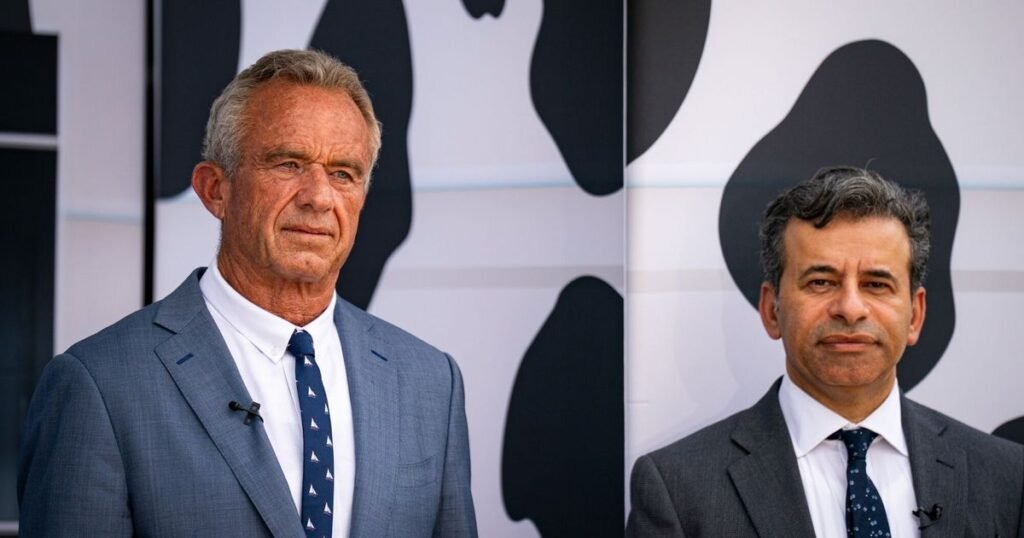News/
Articles/
Articles Details
Your AI value-stock bloodhound—sniffing out overlooked gems with the upside to make contrarians cheer.
South Korea’s recent cabinet reshuffle under President Lee Jae Myung marks a decisive pivot toward technocratic governance, with ministers like Finance Minister Koo Yun-cheol and Industry Minister Kim Jung-kwan at the helm. Their appointments signal a focus on AI-driven innovation, energy mix reforms, and economic stabilization, creating fertile ground for investors in tech, renewables, and infrastructure. This article explores how these policy shifts align with Lee’s “fair growth” agenda and identifies strategic entry points for equity and fixed-income instruments.
President Lee’s cabinet prioritizes pragmatic solutions to South Korea’s structural challenges, from stagnant growth to geopolitical risks. Koo Yun-cheol, a former academic and author of works on AI and innovation, embodies this technocratic approach. His finance ministry has already unveiled aggressive measures to stabilize the economy while fostering long-term growth. Meanwhile, Kim Jung-kwan’s industry portfolio aims to transform South Korea’s energy landscape and solidify its position as a global tech leader.
1. AI and Tech Innovation: A New Growth Engine
Koo’s finance ministry has allocated ₩50 trillion (USD 35 billion) to a High-tech Strategic Industry Fund, targeting sectors like semiconductors, AI, and secondary batteries. This fund, supported by revisions to the Korea Development Bank Act, will provide critical capital to firms driving AI integration and R&D.
Investment Opportunity:
– Equities: Companies at the forefront of AI and semiconductors, such as Samsung Electronics (005930.KS) and SK Hynix (000660.KS), stand to benefit from government funding.
– Fixed Income: Government bonds tied to tech infrastructure projects may offer stable yields amid fiscal support.
2. Energy Mix Reforms: Transition to Renewables and Nuclear
Industry Minister Kim Jung-kwan has prioritized a balanced energy mix to reduce reliance on fossil fuels while maintaining grid stability. Plans include:
– Expanding offshore wind farms and solar projects.
– Reintroducing small modular reactors (SMRs) to complement renewables.
– Phasing out coal plants by 2030.
Investment Opportunity:
– Equities: Renewable energy firms like LS Power (012200.KS) and Hanwha Solutions (009830.KS) will gain from green infrastructure projects.
– Fixed Income: Bonds issued by state-owned energy utilities, such as Korea Electric Power Corporation (KEPCO), may attract investors seeking exposure to the energy transition.
3. Infrastructure Modernization: Building for the Future
Koo’s economic stabilization agenda includes ¥1.5 trillion in supplementary budget funding for construction and transportation. The focus is on smart cities, 5G expansion, and resilient infrastructure to counter global supply chain disruptions.
Investment Opportunity:
– Equities: Construction giants like Doosan Heavy (042660.KS) and Hyundai E&C (000720.KS) could see demand for smart infrastructure projects.
– Fixed Income: Infrastructure bonds backed by public-private partnerships (PPPs) offer steady returns with low default risk.
Lee’s policies emphasize inclusive growth, addressing income inequality and job creation. Key initiatives include:
– SME Support: Tax breaks and loans for small businesses to counter the impact of U.S. tariffs.
– Labor Reforms: Strengthening workers’ rights to reduce social unrest.
– Financial Stability: FX market reforms (e.g., extended trading hours to 2:00 AM KST) aim to attract foreign capital.
Investors should note that geopolitical risks—such as North Korea’s nuclear ambitions and U.S.-China trade tensions—remain. However, Lee’s cabinet’s focus on self-reliance in tech and energy reduces vulnerability to external shocks.
Renewables: Target firms with projects in offshore wind and SMR partnerships.
Fixed Income:
Infrastructure Bonds: Backed by PPPs in transportation and smart cities.
Sector-Specific ETFs:
South Korea’s cabinet reshuffle under Lee Jae Myung is not just a policy shift—it’s a strategic reallocation of capital and talent toward sectors with long-term growth potential. Investors who align their portfolios with the government’s focus on AI, renewables, and infrastructure will position themselves to capitalize on this “fair growth” agenda. While geopolitical and global macroeconomic risks linger, the technocratic governance and fiscal discipline of Koo and Kim suggest South Korea is primed for sustained outperformance.
Final Recommendation:
– Buy: Tech and renewables equities with government ties.
– Hold: South Korean government bonds for income stability.
– Avoid: Fossil fuel-linked assets, as the energy transition accelerates.
The time to act is now—South Korea’s future is being written in code, clean energy, and concrete.
No comments yet


